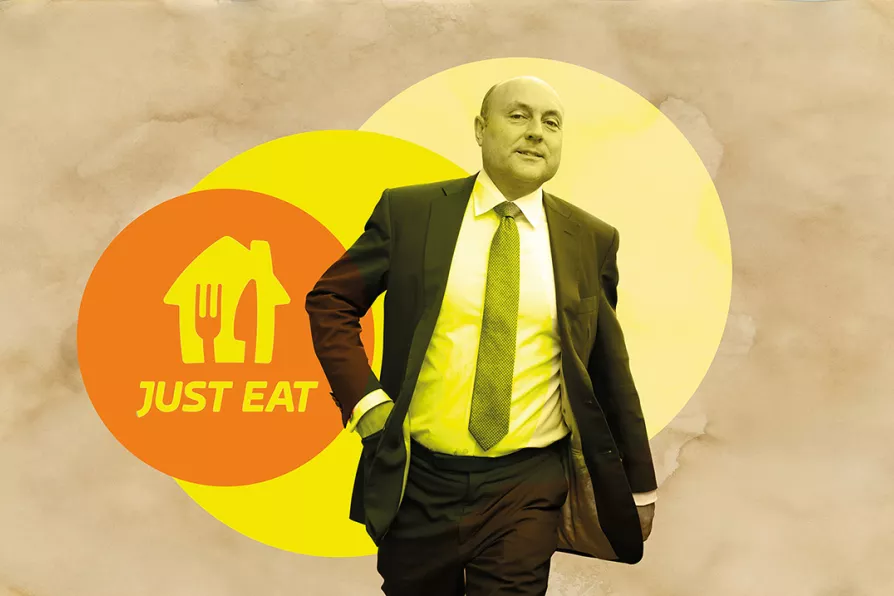Corbyn’s intervention exposes a corrupted system, writes CLAUDIA WEBBE

 Andrew Griffith, who is formerly a Just Eat executive
Andrew Griffith, who is formerly a Just Eat executive
BORIS JOHNSON’S government was destabilised by revelations of No 10 parties during Covid lockdowns.
To try to restabilise it, Johnson made Andrew Griffith the head of his policy unit. The PM has broken some conventions with the appointment, while also putting a man who got rich from Rupert Murdoch’s propaganda business and exploiting low-paid “gig” workers in charge of policy.
Griffith’s appointment is a very direct — almost too-on-the-nose — illustration of how power works in Britain.

A past confrontation permanently shaped the methods the state will use to protect employers against any claims by their employees, writes MATT WRACK, but unions are readying to face the challenge

Forty years on, TONY DUBBINS revisits the Wapping dispute to argue that Murdoch’s real aim was union-busting – enabled by Thatcherite laws, police violence, compliant unions and a complicit media
![[Pic: Andrew Wiard]]( https://msd11.gn.apc.org/sites/default/files/styles/low_resolution/public/2026-01/19860406_a_wiard_0001.jpg.webp?itok=nsksCkkx)
LAURA DAVISON traces how Murdoch’s mass sackings, political deals and legal loopholes shattered collective bargaining 40 years ago – and how persistent NUJ organising, landmark court victories and new employment rights legislation are finally challenging that legacy
![[Pic: Andrew Wiard]]( https://msd11.gn.apc.org/sites/default/files/styles/low_resolution/public/2026-01/19860503_a_wiard_0002.jpg.webp?itok=ByLYvgQO)
A handful of journalists at The Times faced a stark personal and political choice in 1986 – cross the picket lines for cash and career, or stand with organised labour at great personal risk. BARRIE CLEMENT recalls why refusing to scab at Wapping was not just an act of union loyalty, but a stand for the future of journalism











